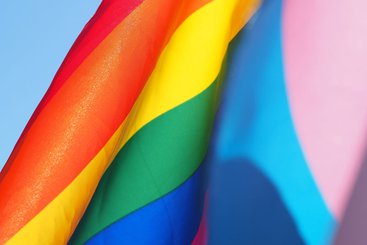The Women Peace and Security (WPS) agenda’s call to transform crisis response by coordinating across the 'triple nexus' is more important than ever. Gender justice is intimately linked to peace and disarmament, economic prosperity and recovery, and human rights, so breaking down divisions between humanitarianism, peacebuilding and development will further efforts at a more peaceful and just world.
In recent years, the UK government has championed gender equality through its work with the Generation Equality Forum’s Gender-Based Violence Action Coalition and its focus on girls’ education at this year’s G7 Summit. The Covid-19 pandemic and the recent UK aid cuts, however, threaten to roll back progress globally – and especially in humanitarian crisis settings. At this pivotal moment for carving out an agenda beyond 2021, the UK can take leadership by making WPS a foundational part of gender-responsive humanitarian preparedness, response and recovery in the wake of Covid-19.
This briefing, produced by the Gender and Development Network Humanitarian Working Group in collaboration with the Humanitarian Policy Group (HPG), Gender Action for Peace and Security (GAPS UK), Fe-Male, the Gender Equality Network and the Gender Violence Recovery Centre, sets out key themes emerging from the panel discussion among women humanitarians in Myanmar, Kenya and Lebanon. We demonstrate first that the WPS agenda is key to putting gender at the heart of effective humanitarian response, and second that responses led by women, girls and gender-diverse people are critical for truly gender-responsive humanitarian action.
-
Humanitarians and the Women, Peace and Security agenda during Covid-19: leading in crisis
Read more about Humanitarians and the Women, Peace and Security agenda during Covid-19: leading in crisis.



